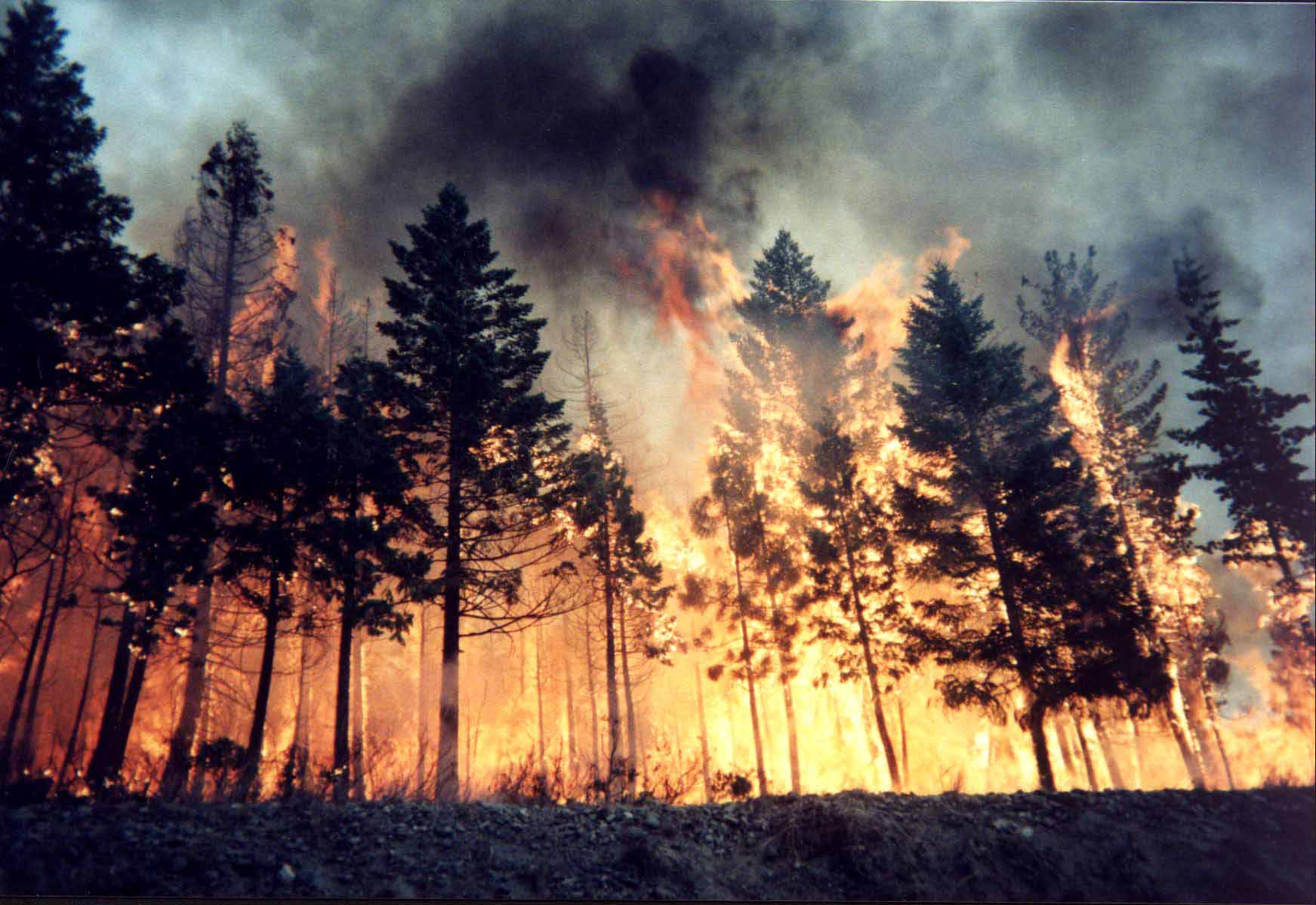Statements
6:28 AM PDT Wednesday 09 September 2020
Special weather statement in effect for:
• Southern Gulf Islands
Daytime maximum temperatures are forecast to be 5 to 10 degrees above seasonal from today through to Friday.
An upper ridge of high pressure will draw warm air northward from the United States this week. Temperatures will peak today through Friday with daytime highs that are 5 to 10 degrees Celsius above seasonal for this time of year. Overnight lows will also be up to 5 degrees warmer than seasonal in some areas.
Drink plenty of water even before you feel thirsty and stay in a cool place.
Reduce your heat risk. Schedule outdoor activities during the cooler parts of the day.
Never leave people or pets inside a parked vehicle.
Please continue to monitor alerts and forecasts issued by Environment Canada. To report severe weather, send an email to BCstorm@canada.ca or tweet reports using #BCStorm
*****
3:51 AM PDT Wednesday 09 September 2020
Special air quality statement in effect for:
• Southern Gulf Islands
Smoky Skies Bulletin - September 8, 2020
Long-range transport of wildfire smoke from the United States has impacted air quality levels throughout much of southern BC including the Island, coastal mainland, the Okanagan, as well as the Kootenays and boundary. Localized impacts in the East and West Kootenays are expected from the Doctor Creek and Talbott Creek wildfires.
The next bulletin update will be available September 09, 2020.
The bulletin can be accessed online at: https://www2.gov.bc.ca/gov/content/environment/air-land-water/air/air-quality/air-advisories
During a wildfire, smoke conditions can change quickly over short distances and can vary considerably hour-by-hour. Wildfire smoke is a natural part of our environment but it is important to be mindful that exposure to smoke may affect your health. People with pre-existing health conditions, respiratory infections such as COVID-19, older adults, pregnant women and infants, children, and sensitive individuals are more likely to experience health effects from smoke exposure.
If you or those in your care are exposed to wildfire smoke, consider taking extra precautions to reduce your exposure. Wildfire smoke is a constantly changing mixture of particles and gasses which includes many chemicals that can harm your health. For more details, please consult www.canada.ca/en/environment-climate-change/services/air-quality-health-index/wildfire-smoke.html
For more information on current air quality, visit http://www2.gov.bc.ca/gov/content/environment/air-land-water/air
Visit www.airhealth.ca for information on how to reduce your health risk and your personal contribution to pollution levels, as well as for current and forecast AQHI values.
Please continue to monitor alerts and forecasts issued by Environment Canada.
Issued by Environment Canada and the B.C. Ministry of Environment
Visit www.airhealth.ca for information on how to reduce your health risk and your personal contribution to pollution levels, as well as for current and forecast AQHI values.
Please continue to monitor alerts and forecasts issued by Environment Canada.
Issued by Environment Canada and the B.C. Ministry of Environment
posted by
Jeannine Caldbeck, Chief
TIVFD
